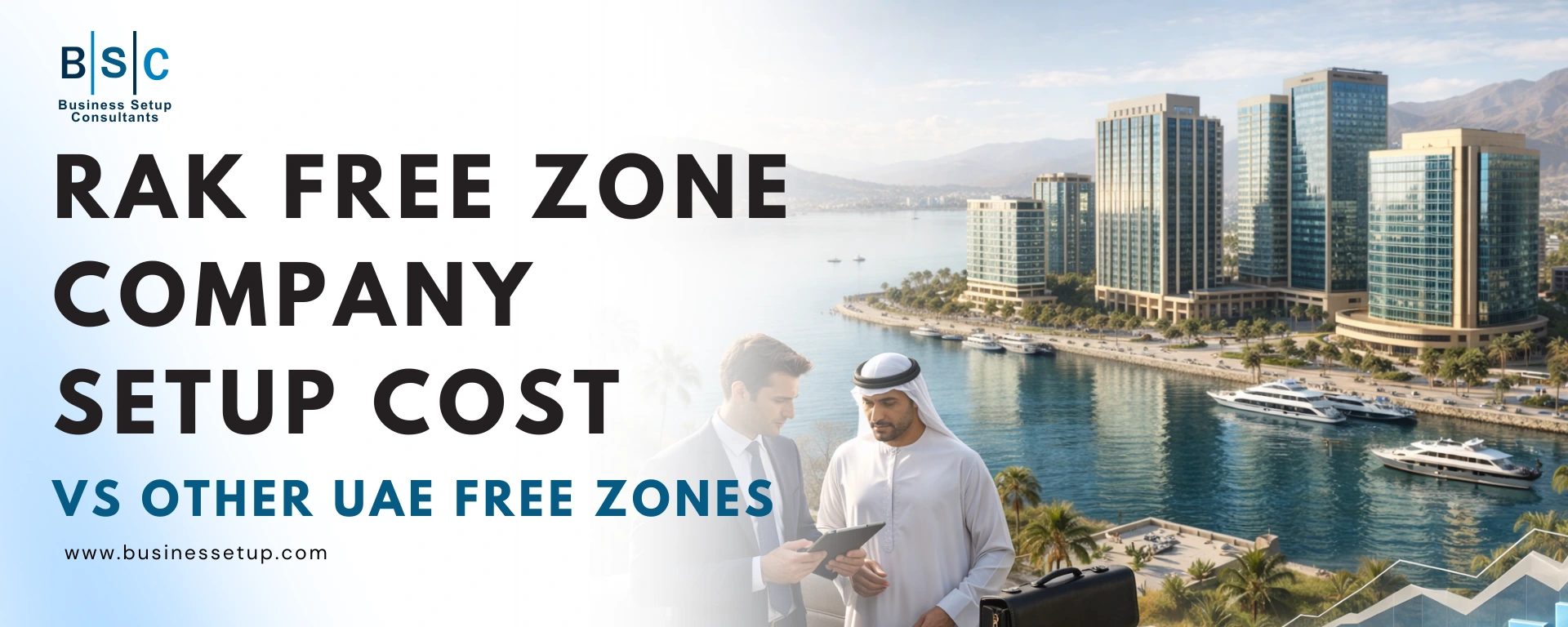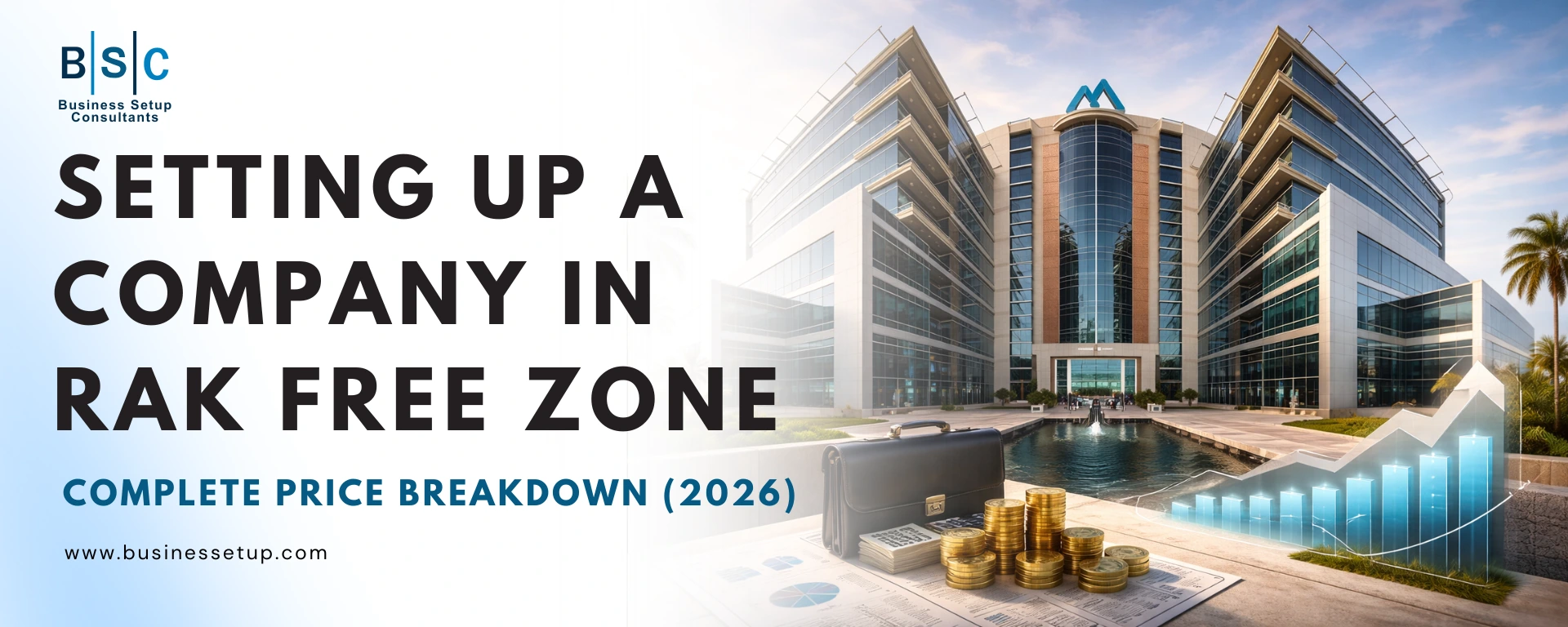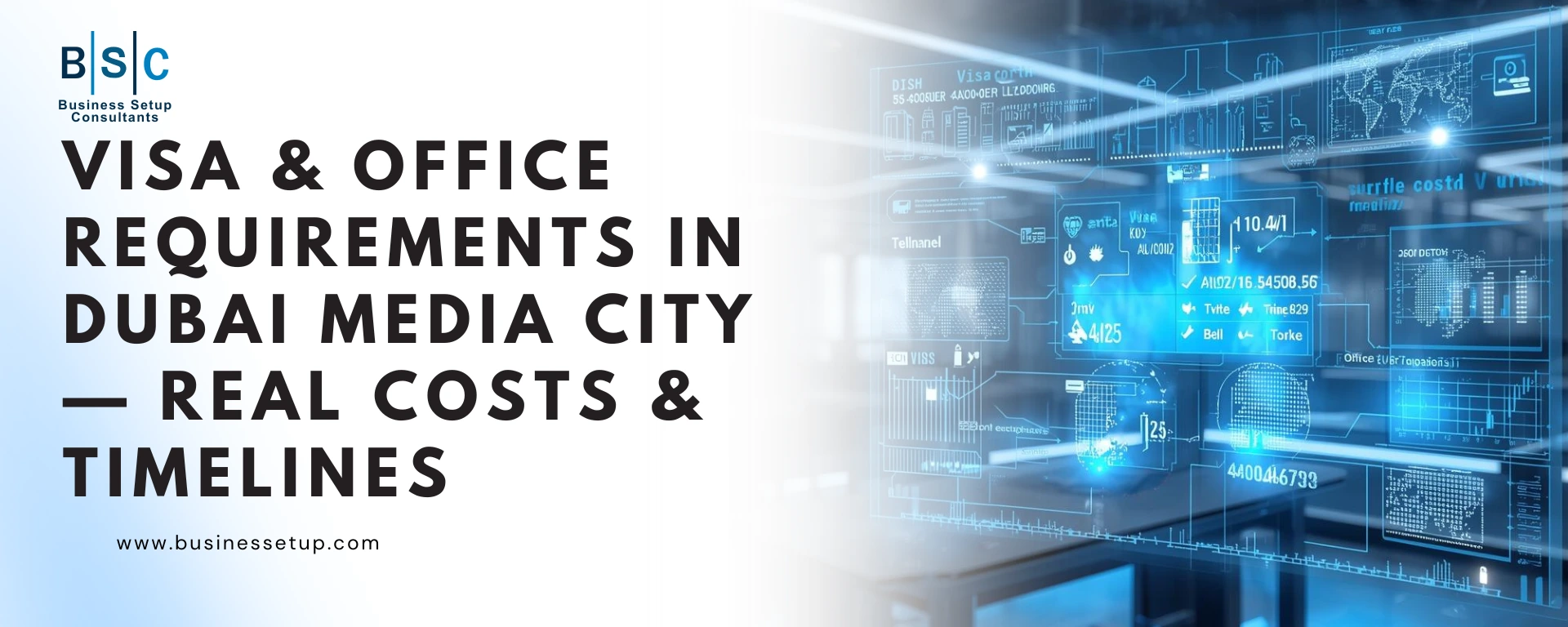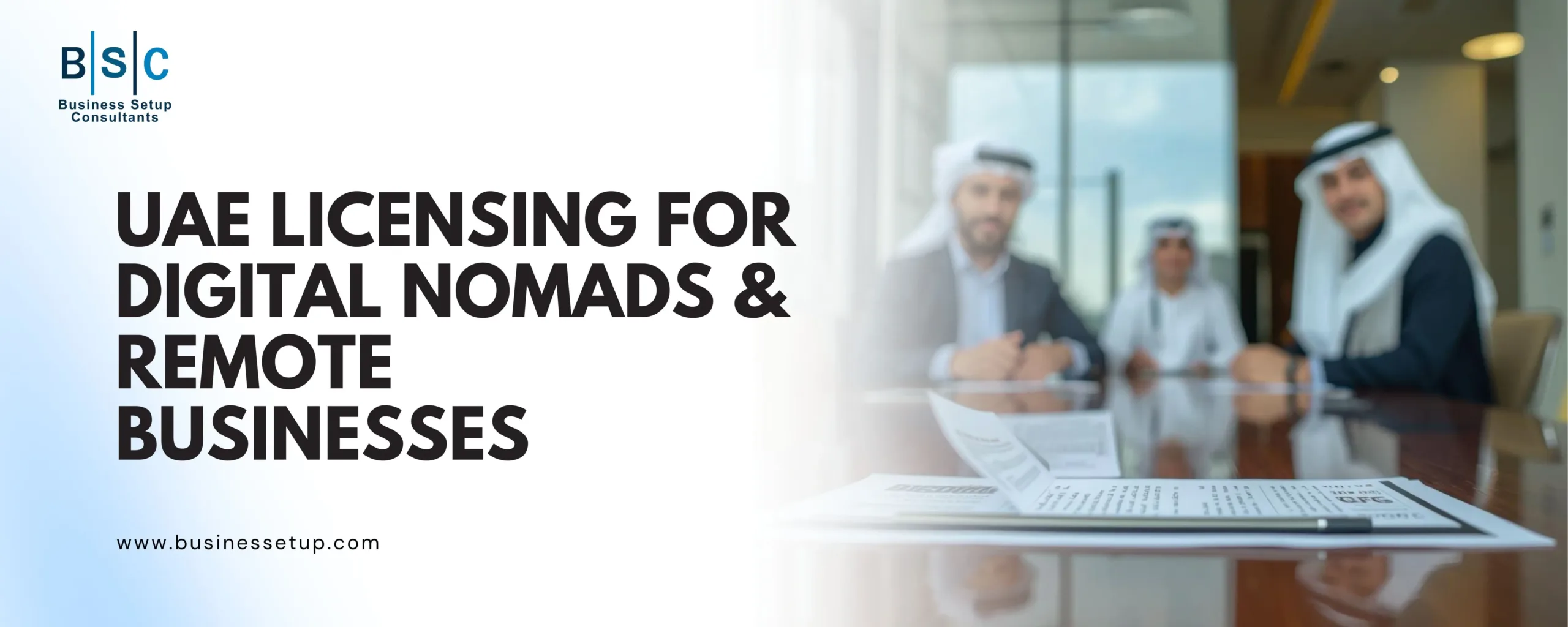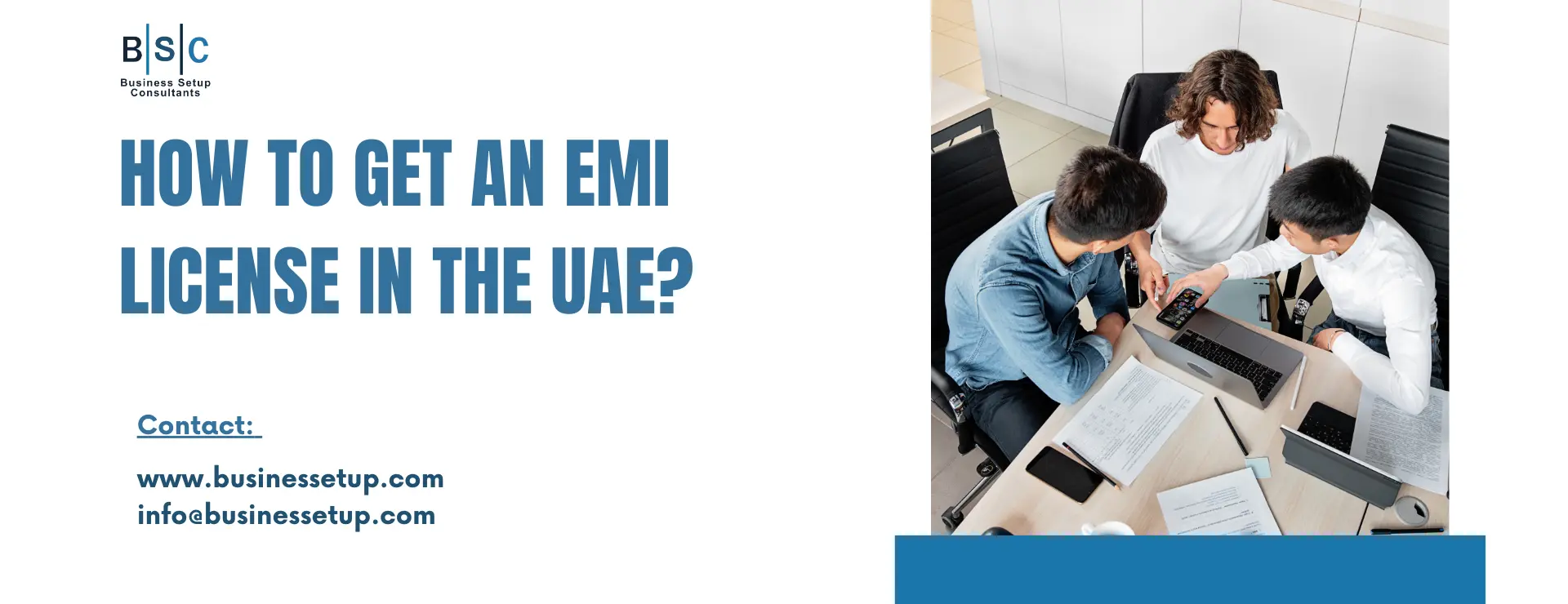
How to Get an EMI License in the UAE?
- How to Get an Electronic Money Institution License in the UAE?
- What is EMI License?
- Regulatory Framework for EMIs in the UAE
- Types of EMI Licenses in the UAE
- Eligibility Criteria and Requirements
- Getting an EMI License for a Local Licensed Company
- Getting an EMI license for a DIFC or ADGM Company
- Benefits of Obtaining an EMI License in the UAE
- Challenges and Considerations
- Put your best foot forward!
How to Get an Electronic Money Institution License in the UAE?
Posted at 12:35h in Business by Business Setup Consultants 0 Comments
As the digital economy continues to flourish, the role of Electronic Money Institutions, also known as EMIs and E Money Institution, has become increasingly crucial. An EMI is a regulated entity that issues electronic money and provides associated services, such as issuing payment instruments, money remittances, and facilitating digital transactions (such as payment transaction). In the United Arab Emirates (UAE), obtaining an EMI license is essential for entities seeking to operate in the rapidly growing electronic payments and digital payments sector.
The UAE’s commitment to fostering a robust and innovative financial services industry has made it an attractive destination for EMIs. With its forward-thinking regulatory framework and strategic position as a regional hub, the UAE offers EMIs a conducive environment to thrive and cater to the growing demand for digital financial services, similar to the Payment Services Directive in the European Union.
This article will help you understand how to get an EMI License in the UAE.
What is EMI License?
Electronic Money Institutions (EMI) are authorized to provide financial services to third parties and store their funds in segregated accounts. Being nimbler and swifter in their processes, EMIs have carved their own space in the modern business landscape of the UAE.
Some examples of EMIs include:
- Digital wallet providers: These companies offer digital wallets that can be loaded with money and used for online and offline purchases.
- Mobile money providers: These companies allow customers to transfer money, make payments, and access financial services using their mobile devices.
- Payment service providers: These companies offer payment solutions such as online checkout and recurring payments for merchants and businesses.
- P2P payment platforms: These companies allow individuals to send and receive money directly to one another using an app or website.
Regulatory Framework for EMIs in the UAE
The UAE’s regulatory landscape for EMIs is governed by several authorities, including the Central Bank of the UAE (CBUAE) and the Financial Services Regulatory Authority (FSRA) of the Abu Dhabi Global Market (ADGM). These bodies have established comprehensive regulations and guidelines to ensure the integrity, stability, and consumer protection within the electronic money sector, akin to the European Central Bank and the Financial Conduct Authority in Europe.
Key regulations governing EMIs in the UAE include the Stored Value Facilities Regulation issued by the CBUAE and the Electronic Money Regulations (Electronic Money Directive) of the ADGM. These regulations outline the licensing requirements, operational standards, capital adequacy (capital requirement), and consumer protection measures that EMIs must adhere to.
Types of EMI Licenses in the UAE
The UAE offers two main types of EMI licenses: Retail EMI License and Non-Retail EMI License.
Retail EMI License
This license allows EMIs to issue electronic money and provide associated services, such as payment accounts, to both individuals and businesses. Retail EMIs can operate across the UAE and are subject to stringent regulatory requirements to ensure consumer protection.
Non-Retail EMI License
EMIs holding a non-retail license are authorized to issue electronic money and provide related services exclusively to businesses, corporations, and other institutional clients (financial institutions). While the requirements are slightly less stringent compared to retail EMIs, non-retail EMIs must still comply with relevant regulations.
Comparison
The primary distinction between the two licenses lies in the target customer base. Retail EMIs cater to both individual and corporate clients, while non-retail EMIs serve only institutional clients. Additionally, retail EMIs face more rigorous regulatory oversight due to the involvement of individual consumers.
Eligibility Criteria and Requirements
To obtain an EMI license in the UAE, applicants must fulfill several eligibility criteria and requirements, including:
Legal Structure Requirements
EMIs must be established as a company or legal entity in the UAE or within a recognized financial free zone, such as the ADGM or the Dubai International Financial Centre (DIFC), through proper company registration.
Capital and Financial Requirements
EMIs are required to maintain a minimum level of paid-up capital (initial capital) and comply with ongoing financial soundness requirements, including capital adequacy ratios and liquidity provisions.
Operational and Technical Requirements
EMIs must demonstrate robust operational capabilities, including secure and efficient payment systems, risk management frameworks, adequate technological infrastructure to support their operations (core banking systems), and the ability to facilitate services like payment initiation service.
Anti Money Laundering (AML) and Know Your Customer (KYC) Compliance
EMIs are obligated to implement comprehensive AML and KYC policies and procedures, including identity verification measures, to combat financial crimes and ensure regulatory compliance.
Getting an EMI License for a Local Licensed Company
To obtain an EMI license in the UAE, an applicant must follow the guidelines and requirements set by the Central Bank of the UAE.
The process for obtaining an Electronic Money Institution EMI licence typically involves the following steps:
- Submit an application to the Central Bank licensing department with all required documents and information. In addition, provide a detailed business plan and demonstrate the ability to meet all regulatory requirements, including financial projections, capital adequacy, and compliance with AML and CFT laws.
- Pay the application fee.
- Undergo a due diligence process as set forth by the Central Bank.
- Obtain any necessary approvals or permits from other government agencies, if required.
- The Central Bank will review the application in detail and decide whether to grant or deny the E Money license.
The Central Bank aims to give EMI firms easier access to the UAE market while continuing to safeguard customers’ funds and ensuring proper business conduct. However, it is essential to note that the regulations and requirements may change over time as technology advances, so staying informed about the current requirements for an EMI license in the UAE is crucial.
Getting an EMI license for a DIFC or ADGM Company
The Dubai International Financial Centre (DIFC) and Abu Dhabi Global Market (ADGM) are free zones with their own regulatory framework and legal system focusing on finance.
To obtain an EMI license from the DIFC or ADGM, an applicant must follow the guidelines and requirements set by the Dubai Financial Services Authority (DFSA) or the Financial Services Regulatory Authority (FSRA), which are the regulatory body responsible for supervising and regulating financial institutions in the DIFC and ADGM.
Related: Comparison between Dubai International Financial Centre (DIFC) and Abu Dhabi Global Market (ADGM)
The process to get a business license is quite like that of the Central Bank, except that you will submit all your documents to the DFSA / FSRA for review and approval. The key elements that both these regulators are looking for are:
- Operational, financial, and supervisory track record of the enterprise and stakeholders.
- Fitness and propriety of management and key decision makers.
- Systems and controls of the enterprise to ensure proper governance and compliance with all applicable regulations.
- Ability to cater to customer complaints, a robust data security infrastructure, and well-developed internal protocols.
Benefits of Obtaining an EMI License in the UAE
Obtaining an EMI license in the UAE offers several advantages:
A. Access to the UAE’s Digital Payments Market:
With an EMI license, institutions can legally operate in the UAE’s rapidly growing digital payments ecosystem, catering to the increasing demand for electronic money and digital financial services, including services like open banking.
B. Credibility and Consumer Trust:
Being a licensed EMI instills confidence among consumers and businesses, as it signifies adherence to regulatory standards and consumer protection measures, differentiating them from traditional banks.
C. Regulatory Oversight and Consumer Protection:
The UAE’s regulatory framework for EMIs ensures a level playing field, promotes fair competition, and safeguards the interests of consumers and businesses, including the protection of customer funds.
Challenges and Considerations
While obtaining an EMI license presents numerous opportunities, EMIs must also be aware of the challenges and considerations involved:
Compliance and Reporting Obligations
EMIs are subject to ongoing compliance requirements, including regular reporting, audits, and adherence to regulatory updates, which can be resource-intensive.
Competition and Market Saturation
The UAE’s digital payments market is becoming increasingly competitive, with established players and new entrants vying for market share, including traditional banks offering payment card and money transfer services.
Cybersecurity and Data Protection
Ensuring robust cybersecurity measures and data protection protocols is crucial for EMIs to maintain consumer trust and mitigate the risks of cyber threats and data breaches.
This comprehensive overview of Electronic Money Institution licenses in the UAE provides valuable insights for entities seeking to venture into the digital payments sector, covering aspects such as the regulatory framework, license types, eligibility criteria, benefits, and challenges involved in obtaining an EMI license (payment institution license) and offering electronic payments services.
Put your best foot forward!
Getting an EMI license via the Central Bank or the two financial free zones can be difficult and drain a lot of time and energy if you are not familiar with the critical aspects of a successful application. You can avoid the hassle of months of back and forth with the regulatory bodies by processing your application via one of the best business consultants in Dubai who have an in-depth understanding of what it takes to get a license as swiftly as possible. Timeframes for an EMI license can range from 6 months to a year. Please get in touch with us to see how we can get your Electronic Money Institution license as fast as possible!


